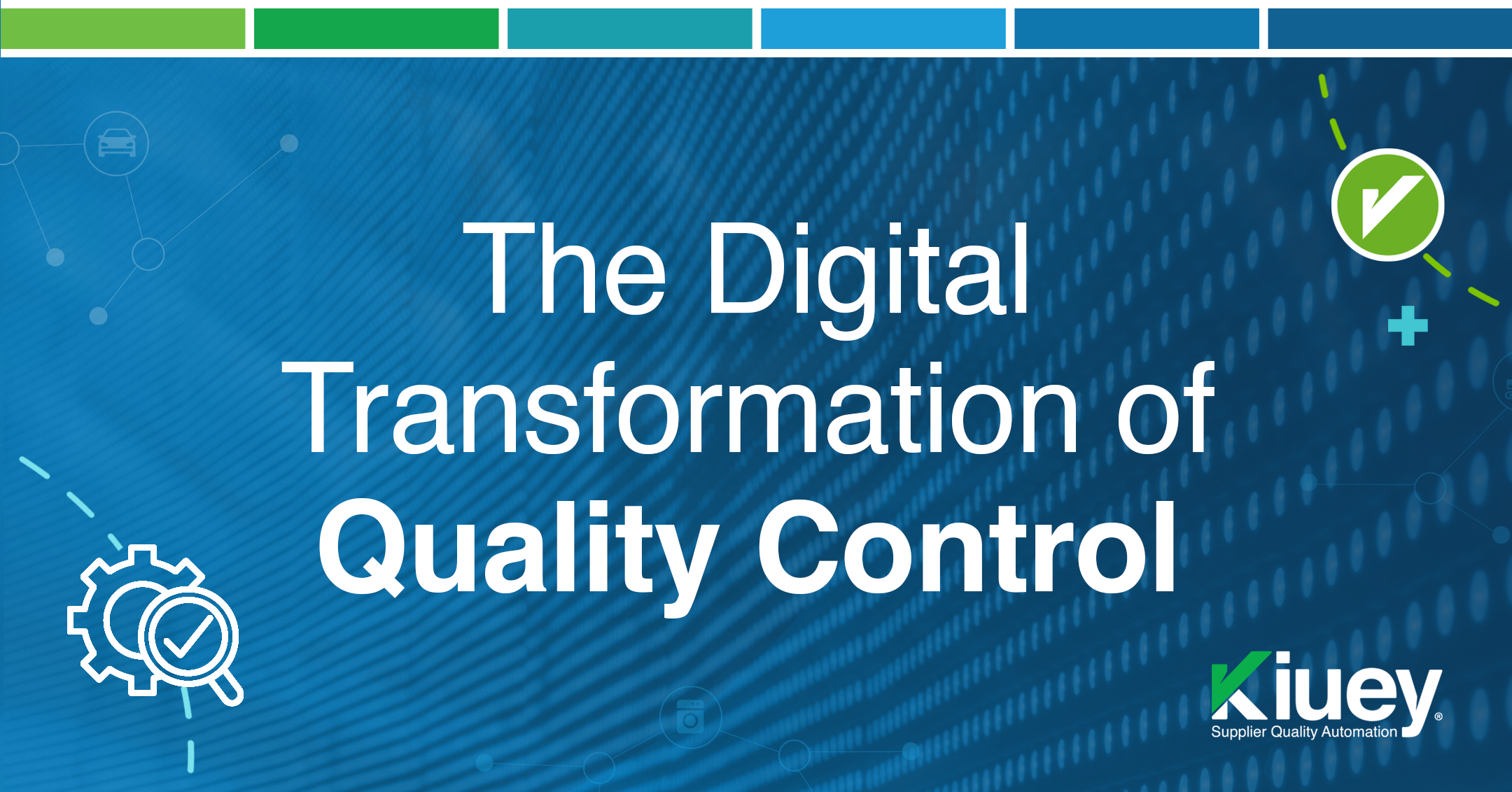
Implementing Digital Quality Control: Embracing Transformation
Implementing Digital Quality Control: Embracing Transformation In today's competitive landscape, quality control is no longer a mere afterthought. It's a strategic imperative that can significantly[...]
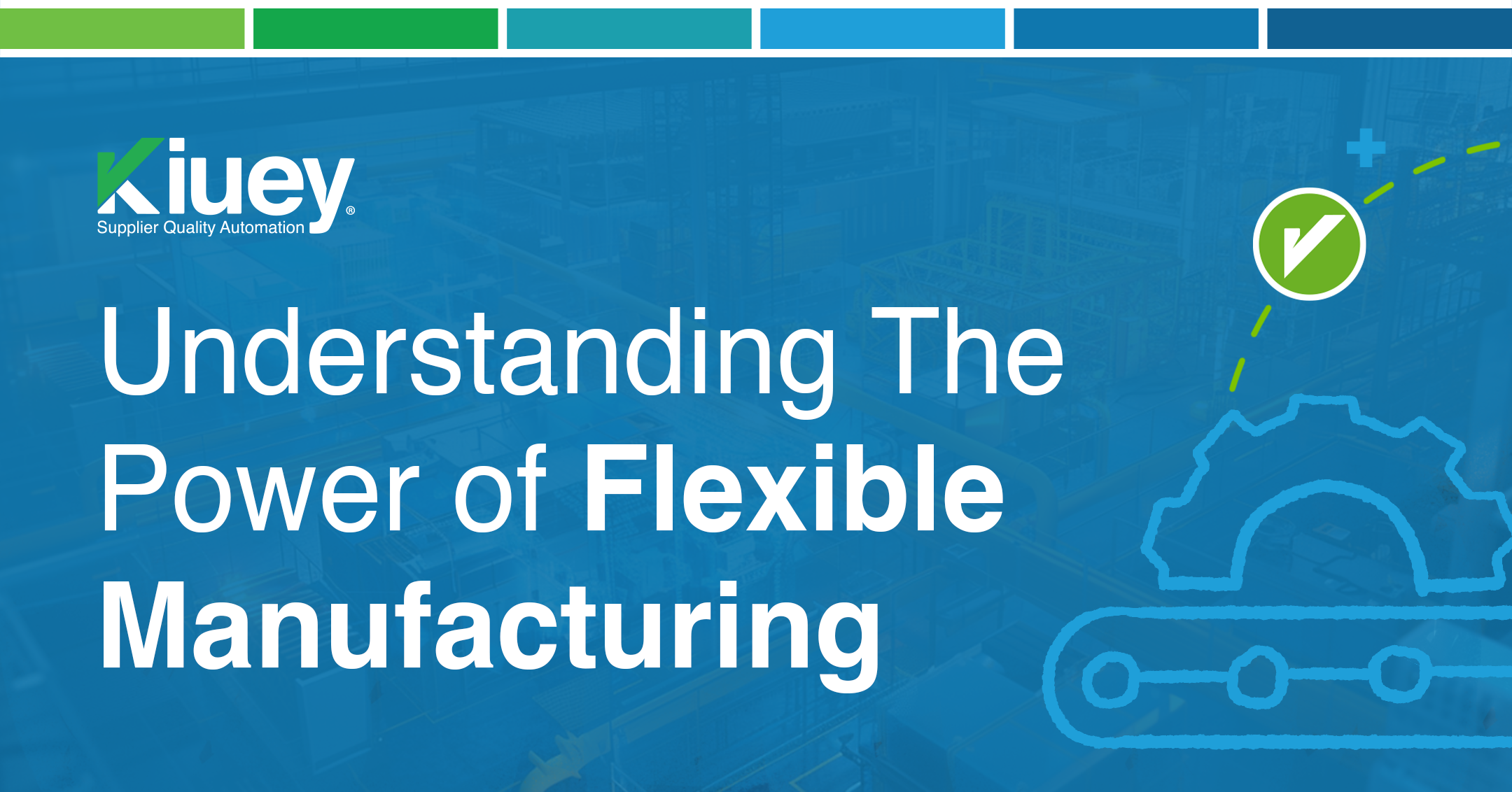
Understanding The Power of Flexible Manufacturing Systems (FMS)
Understanding The Power of Flexible Manufacturing Systems (FMS) Flexible Manufacturing Systems (FMS) are revolutionizing the manufacturing landscape, offering unprecedented levels of efficiency, scalability, and adaptability.[...]
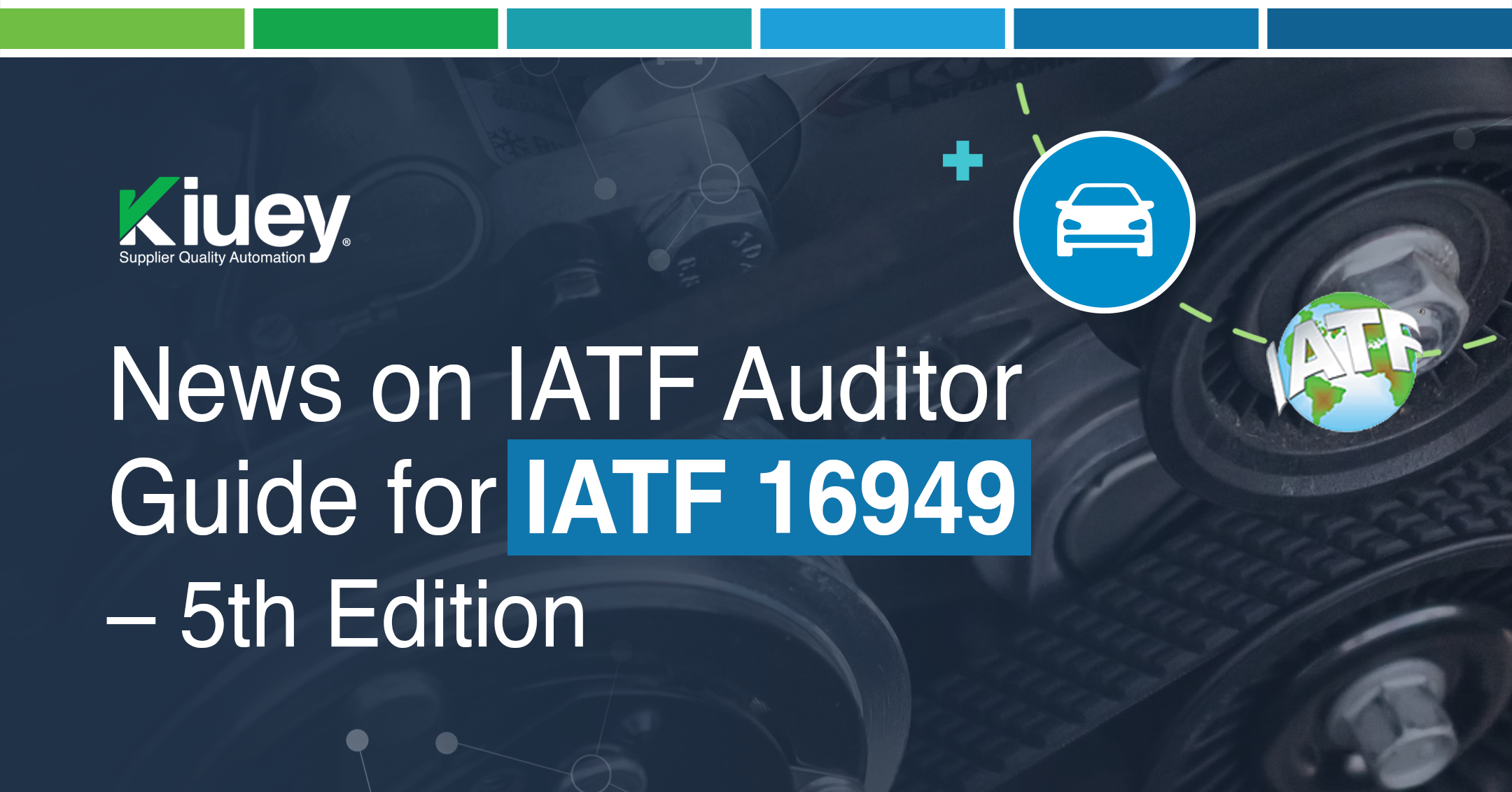
News on IATF Auditor Guide for IATF 16949 – 5th Edition
News on IATF Auditor Guide for IATF 16949 - 5th Edition The automotive industry is constantly evolving, and with it, the standards that govern its[...]

Differentiating 1st, 2nd and 3rd Party Audits
Differentiating 1st, 2nd and 3rd Party Audits In the realm of quality management, audits serve as crucial tools to assess an organization's adherence to standards,[...]
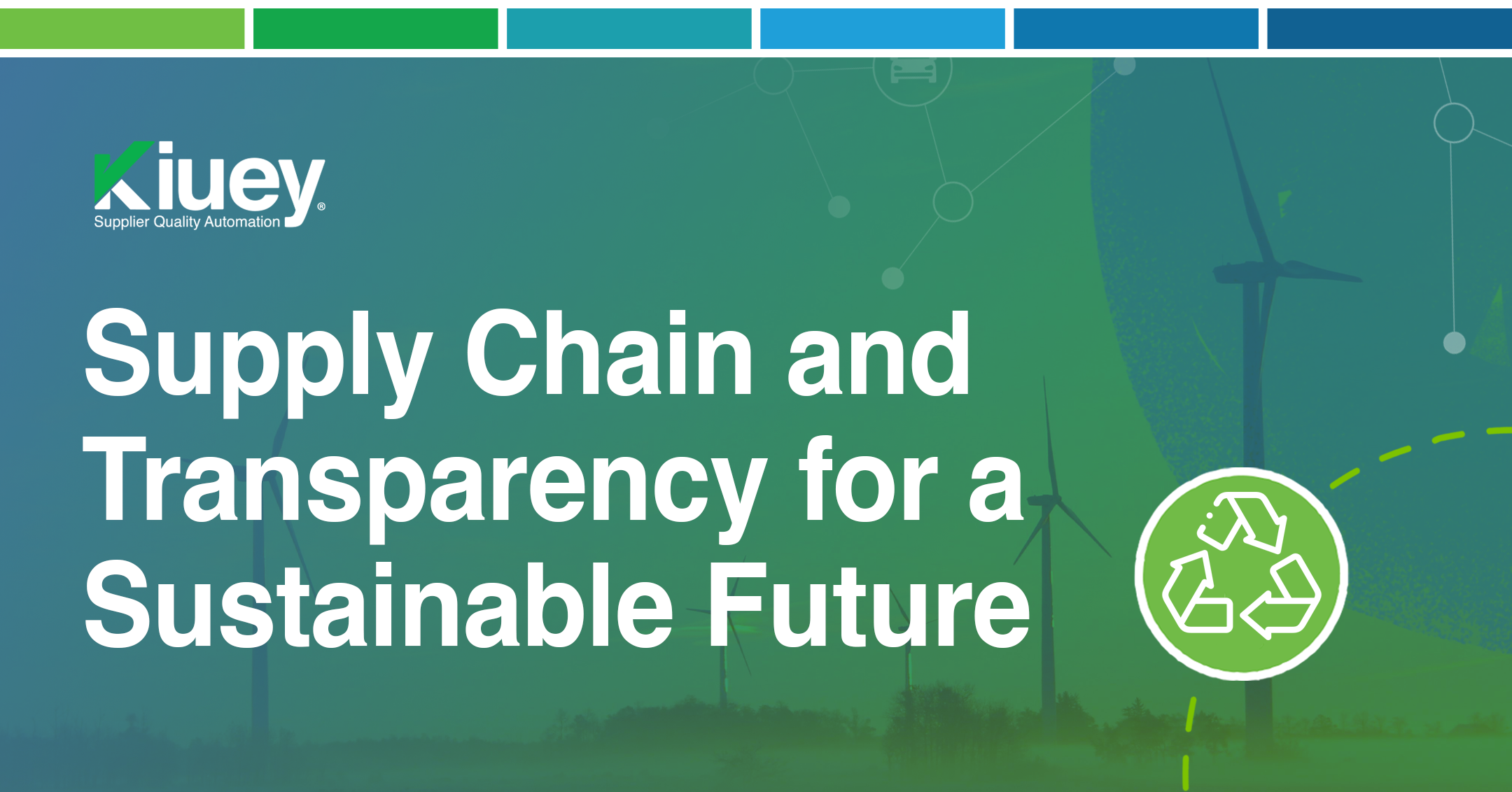
Supply Chain Transparency for a Sustainable Future
Supply Chain Transparency for a Sustainable Future Supply chain transparency is a critical component of modern business practices, particularly as concerns about environmental impact grow.[...]
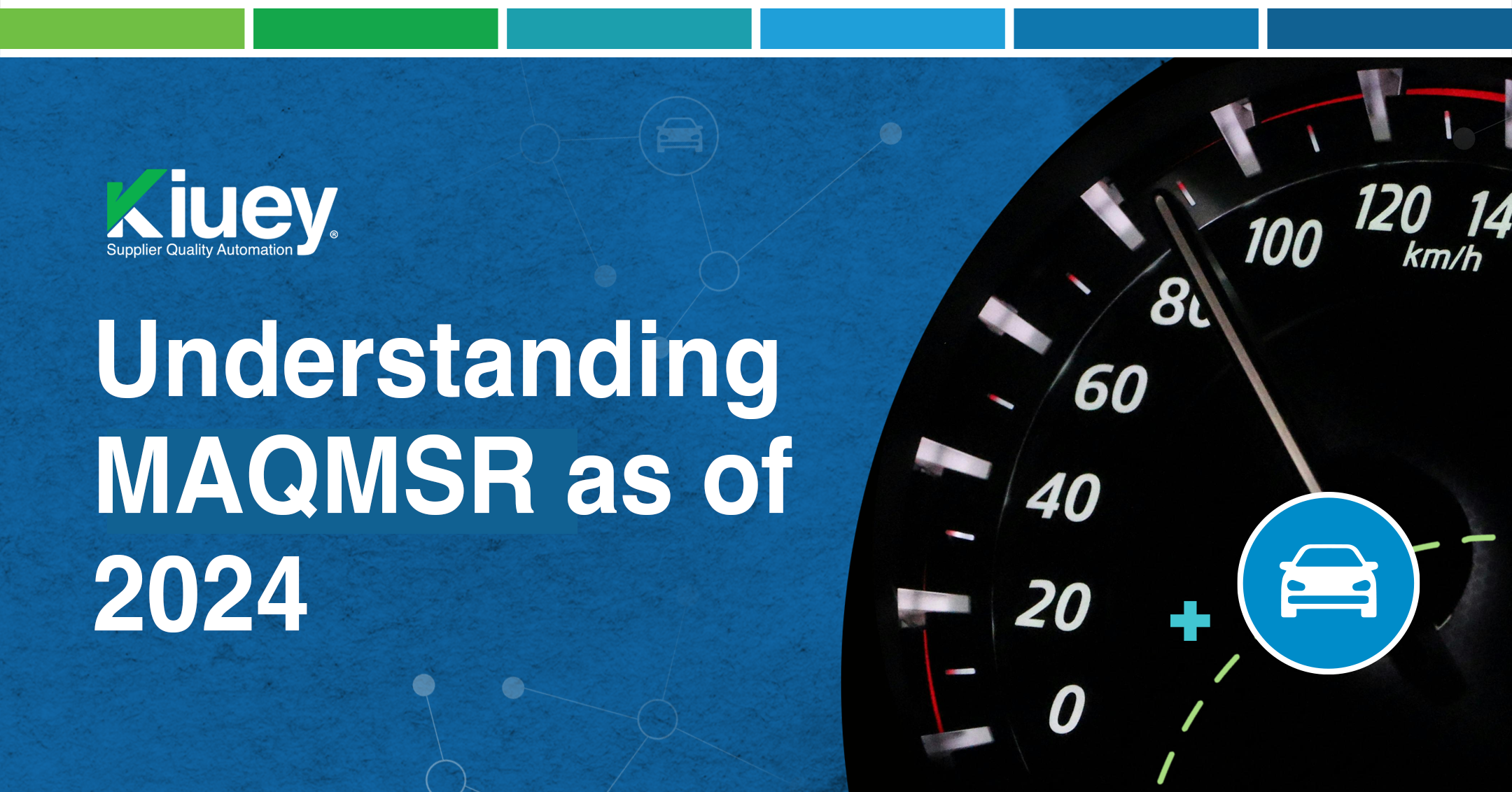
Navigating MAQMSR: A Roadmap for Automotive Suppliers
Navigating MAQMSR: A Roadmap for Automotive Suppliers The automotive industry is a complex ecosystem where quality is paramount. To ensure consistent standards across the supply[...]
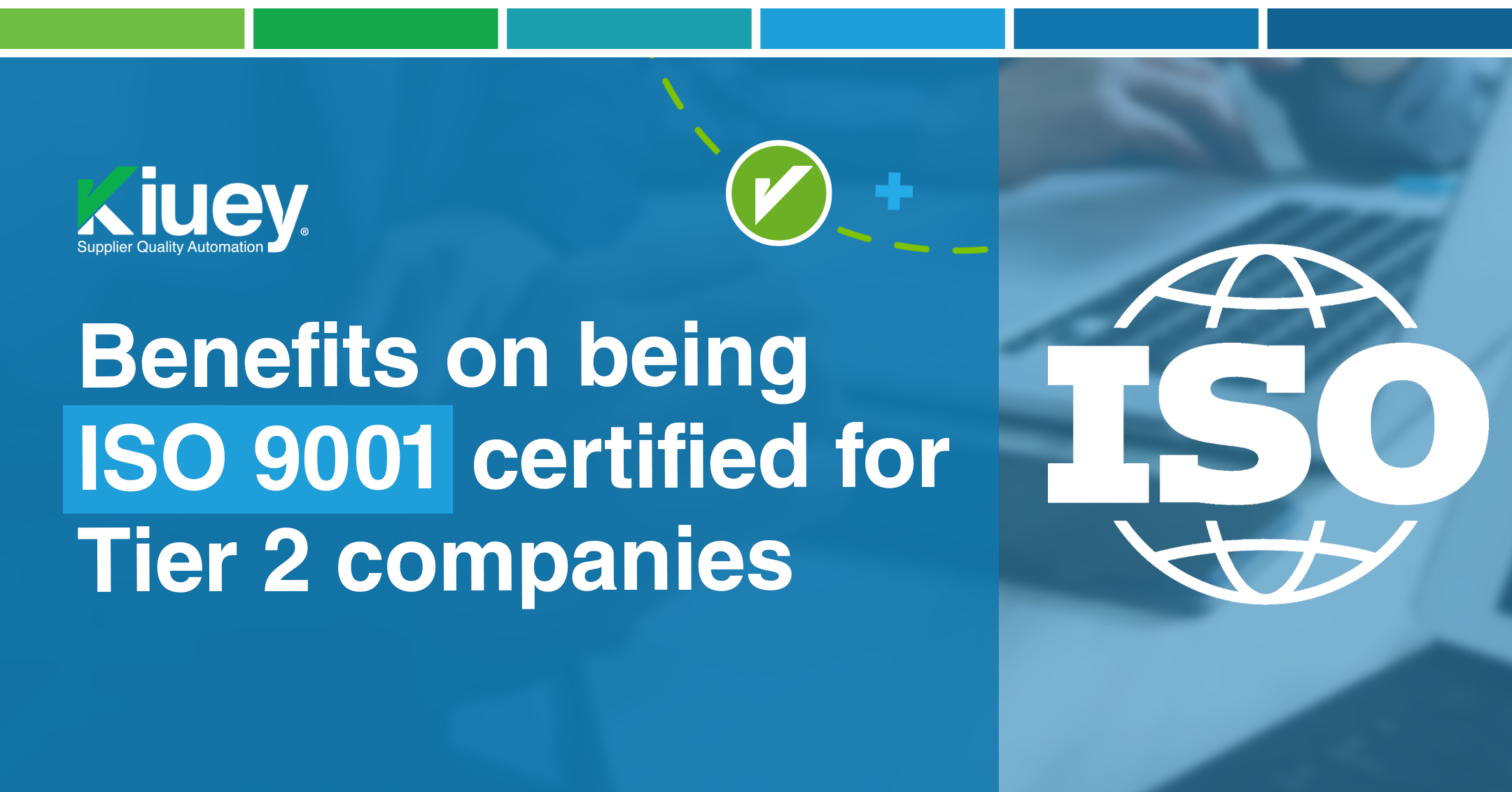
Elevating Tier 2 Companies: The Power of ISO 9001 Certification
Elevating Tier 2 Companies: The Power of ISO 9001 Certification In today's competitive business landscape, Tier 2 companies, which often serve as suppliers to larger[...]
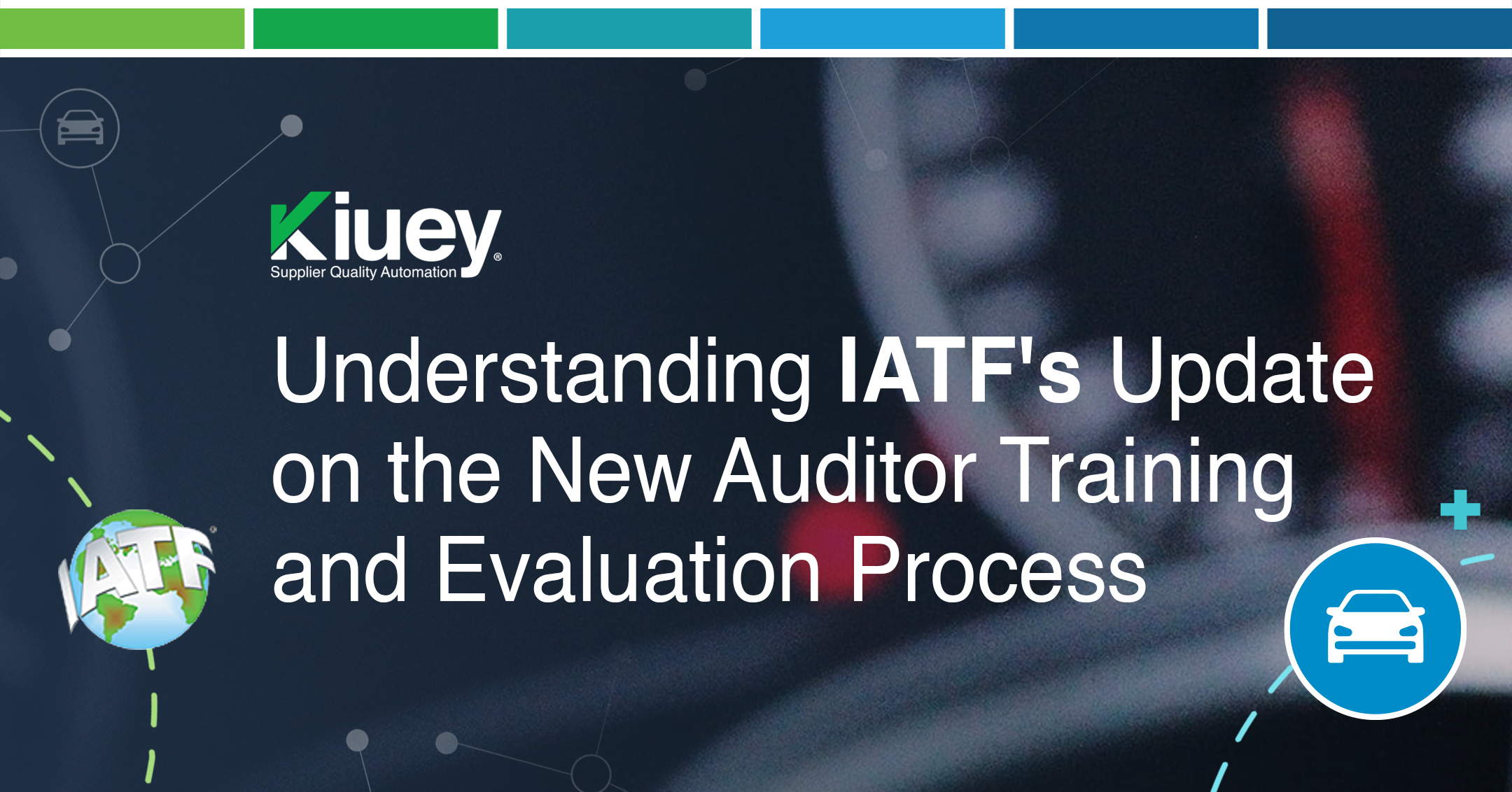
Understanding IATF’s Update on the New Auditor Training and Evaluation Process
The International Automotive Task Force (IATF) has announced significant updates to its New Auditor Training and Evaluation Process. These changes are set to take effect[…]
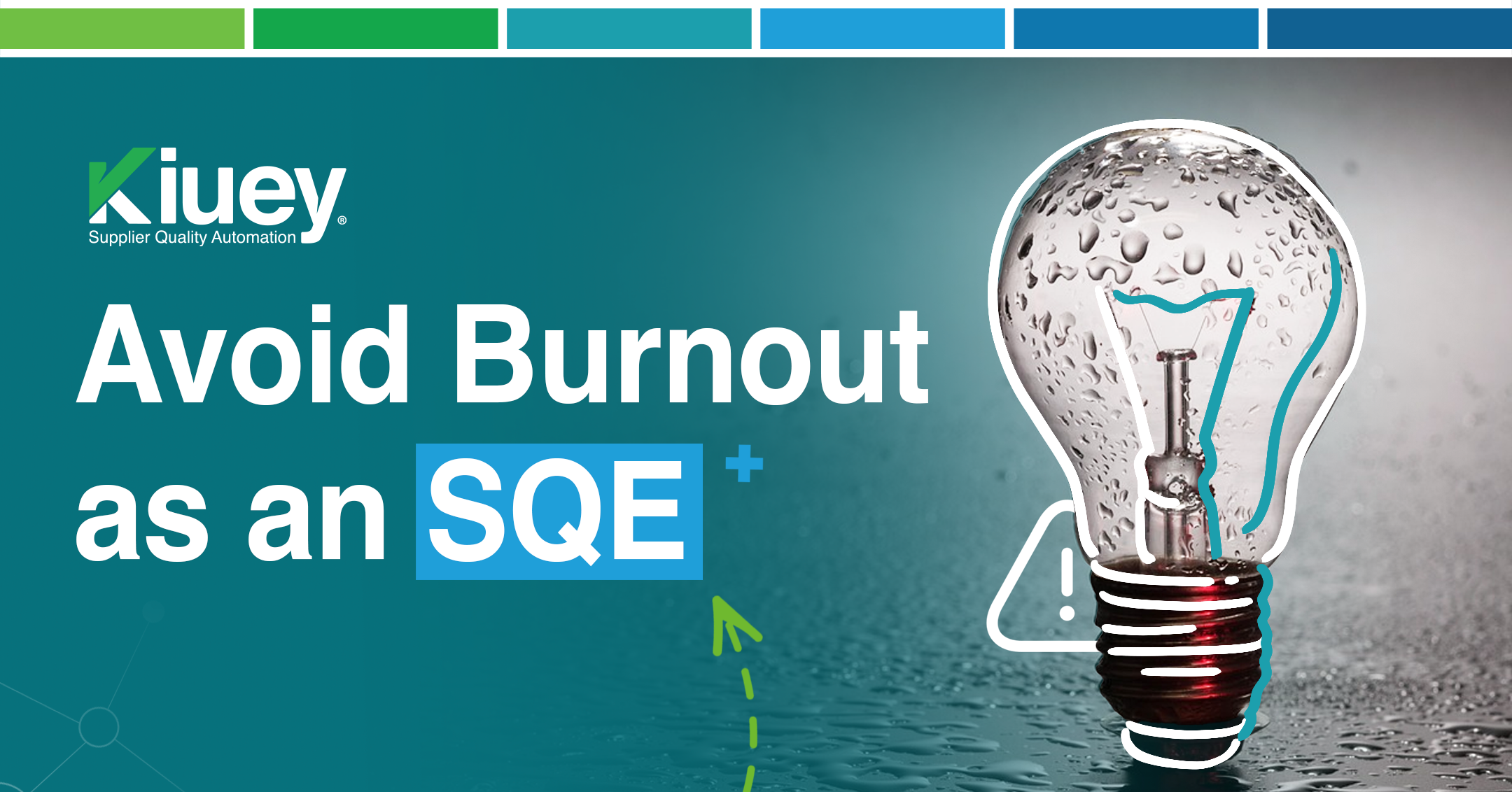
Avoid Burnout as an SQE
By Vinnie Delgado. Supplier quality assurance is a demanding field, and burnout is a constant risk. Every day I talk with Supplier Quality Engineers (SQEs)[…]
Subscribe to our newsletter.
Your go-to destination for insights, best practices, and innovative solutions in supplier quality assurance.
Recent Posts
The ROI of Lean ISO Management Systems
January 31, 2025
The Power of Second Chance Manufacturing Programs
January 30, 2025
The Secret to Customer Delight: Embedded Quality
January 28, 2025
The Psychological Impact of Stress on Quality Outcomes
January 28, 2025
Categories
Let's talk to see how PPAP Manager can help your company to save time and money.




